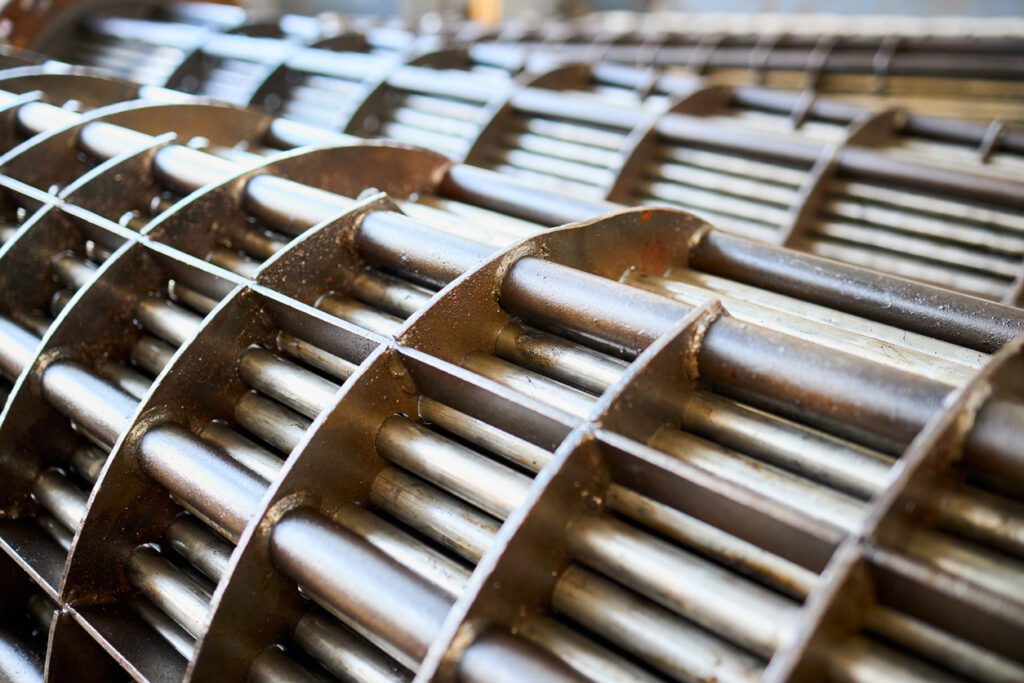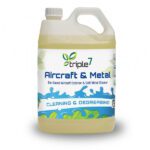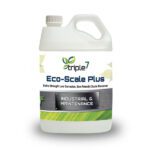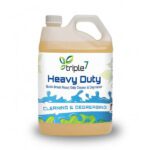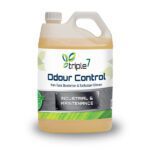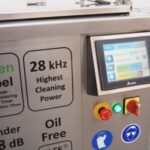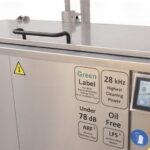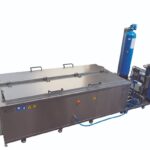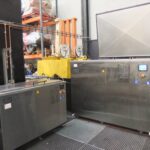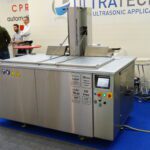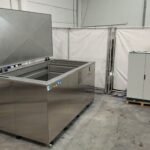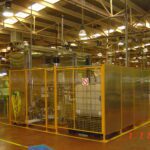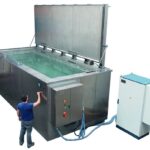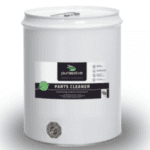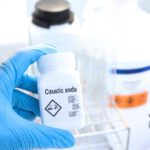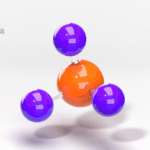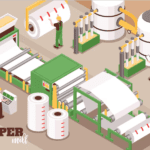Heat exchangers play a critical role in petrochemical and refinery units, as they are responsible for transferring heat from one fluid to another in order to power various processes. However, these exchangers get fouled over time due to the accumulation of contaminants such as oil, grease, and scale, which can reduce their efficiency and increase energy costs. As such, it is important to regularly clean heat exchangers in order to maintain their performance and efficiency.
Traditionally, heat exchanger cleaning has been a time-consuming and labour-intensive process that involves manually scraping or chemical cleaning methods. These methods can be effective at removing contaminants, but they can also be costly and may pose risks to workers due to the use of hazardous chemicals. In recent years, there have been significant efforts to improve the heat exchanger cleaning process in order to reduce costs and improve safety.
Clean with high-pressure water systems
One approach to process improvement in heat exchanger cleaning is the use of specialised cleaning equipment and techniques. High-pressure water jetting systems, for example, use a high-pressure stream of water to remove contaminants from heat exchangers. This method is fast and effective, and can also be used to remove other types of fouling such as scale and corrosion
Clean with bio-based agents : Biobased descalers for heat exchangers
Another approach is the use of advanced cleaning agents, such as natural oil based surfactants, which can effectively dissolve and remove contaminants from heat exchangers. These agents are typically safer and more environmentally friendly than traditional cleaning chemicals, and can be used in combination with specialised cleaning equipment to improve the efficiency of the cleaning process. Newer technologies offer a single stage cleaning process, without the use of expensive equipment, using hot water and Bio-based cleaner which acts to remove waxes and limescale at the same time, reducing cleaning time and increasing overall efficiency of the Heat Exchanger. These applications are usually known as biodegradable, organic heat exchanger descalers.
Automation in Degreasing & Descaling: Avoid manual labour and using automation
Another aspect of process improvement in heat exchanger cleaning is automation and robotics. By automating certain tasks, such as the application of cleaning agents or the inspection of heat exchangers, companies can reduce the need for manual labour and improve the speed and accuracy of the cleaning process. In addition, using robotics allows for cleaning hard-to-reach areas and can reduce the risk of injury to workers.
Streamline and modernise your cleaning process
In addition to these process improvement approaches, there are also several best practices that can help to optimise the heat exchanger cleaning process. These include implementing a regular cleaning schedule, using the appropriate cleaning methods and equipment for the specific type of fouling present, and properly training and protecting workers who are involved in the cleaning process.
Overall, there are many opportunities for process improvement in heat exchanger cleaning in petrochemical and refinery units. By adopting advanced cleaning techniques, specialised equipment, and automation, companies can improve the efficiency and safety of the cleaning process, while also reducing costs and minimising the environmental impact. By following best practices and regularly maintaining their heat exchangers, companies can ensure that they are operating at optimal performance and efficiency.
